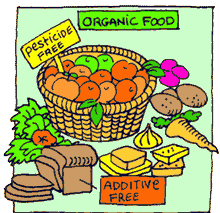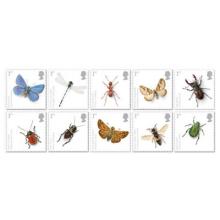Organic Farming Can Feed The World, Study Suggests
Organic farming can yield up to three times as much food as conventional farming on the same amount of land—according to new findings which refute the long-standing assumption that organic farming methods cannot produce enough food to feed the global population. Researchers from the University of Michigan found that in developed countries, yields were almost equal on organic and conventional farms. In developing countries, food production could double or triple using organic methods, said Ivette Perfecto, professor at U-M's School of Natural Resources and Environment, and one the study's principal investigators. Catherine Badgley, research scientist in the Museum of Paleontology, is a co-author of the paper along with several current and former graduate and undergraduate students from U-M. "My hope is that we can finally put a nail in the coffin of the idea that you can’t produce enough food through organic agriculture," Perfecto said. In addition to equal or greater yields, the authors found that those yields could be accomplished using existing quantities of organic fertilizers, and without putting more farmland into production.










